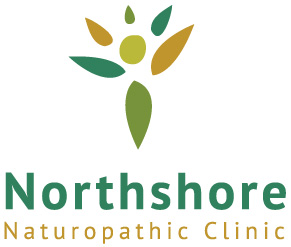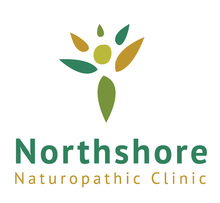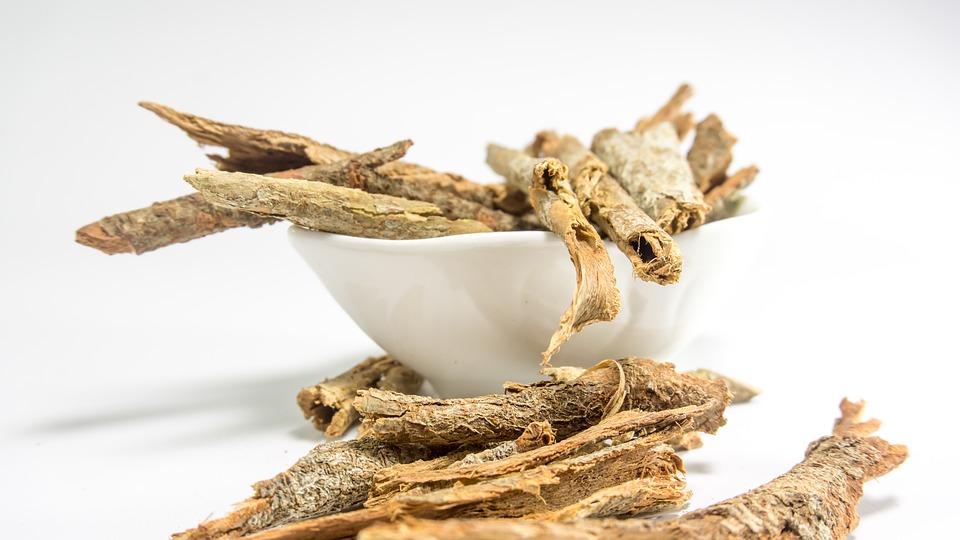 Jessica Budgell, Nutritional Practitioner
Jessica Budgell, Nutritional Practitioner
A client of mine has a food sensitivity to soy.
In an effort to avoid unpleasant symptoms, she is very strict with her dietary choices. She ensures that her food does not contain, or been in contact with, soy of any kind.
During our consultation, I asked her what she consumes for protein? She told me that she does eat animal protein but has trouble sourcing meats that are organic, grass-fed and grass-finished.
She is the very first client who has brought this concern to my awareness. This made me wonder how many people know what grass-finished even means? I suspect that very few people know this is something to consider when choosing and purchasing meat.
The natural diet for any grazing animal is grass. Before ranches and farms, cows for example, roamed in fields and large pastures chopping away at green blades almost all day long.
Their diet only changed when humans started farming them. Factory farmed (raised inside cages) cattle no longer eat any grass at all – only grains, corn and soy. This food is cheap and easy for farmers and it fattens the cow up very quickly so it can be sent to slaughter sooner. The quicker the animal can be sent to slaughter, the higher the financial return.
When you choose to purchase meat that is pasture-raised, organic, and grass-fed, they get to enjoy living closer to their natural habitat and are not fed grain, corn or soy. The slightly deceiving part of this is that grass-fed doesn’t necessarily mean also grass-finished. Towards the latter part of the animal’s life that has been grass-fed but not grass-finished, it is fed grain, corn and soy for the same purpose outlined above – to quickly fatten up the animal prior to slaughter.
Grass-finished means that the animal, throughout its entire lifespan, ate a diet consisting of strictly grass.
When purchasing animal products and meats I recommend sourcing the best quality possible.
Wild meats come out on top for me as being the best choice. These animals have had the ability to live their life in their natural habitat, eating foods meant for their bodies. Because of this they are healthier and leaner and don’t come with hidden “ingredients” such as hormones, steroid, and antibiotics (injected into factory farmed animals). If you have a friend who hunts for sustenance (not sport!), then I would ask to purchase your meats from him or her.
Of course, I realize that for most, wild meats are a rarity and difficult to source. Not to worry – the following examples are businesses that offer organic, grass-fed and grass-finished meats for purchase:
1) All Natural and Exotic Meats
2) HillsFoods
3) Pasture to Plate
4) Sumas Mountain Farms
You can also purchase meats at farmer’s markets where you can directly ask the farmer all the questions you have regarding diet, living conditions, and animal care.
If you purchase your meat strictly according to what is the cheapest or on sale at the grocery store, I would strongly recommend that you reconsider what is going in your body and what system of animal welfare you are supporting.
Major corporations such as Kelloggs and Kraft are having their worst fiscal years to date with future sales projections not looking any more prosperous. This is due to the awakening by the public that their products are not healthy – they are processed food-like products loaded with sugar and preservatives that people no longer want in their bodies.
Their plummet in sales goes to show just how much power you have. What we as a people choose to support, will succeed.



